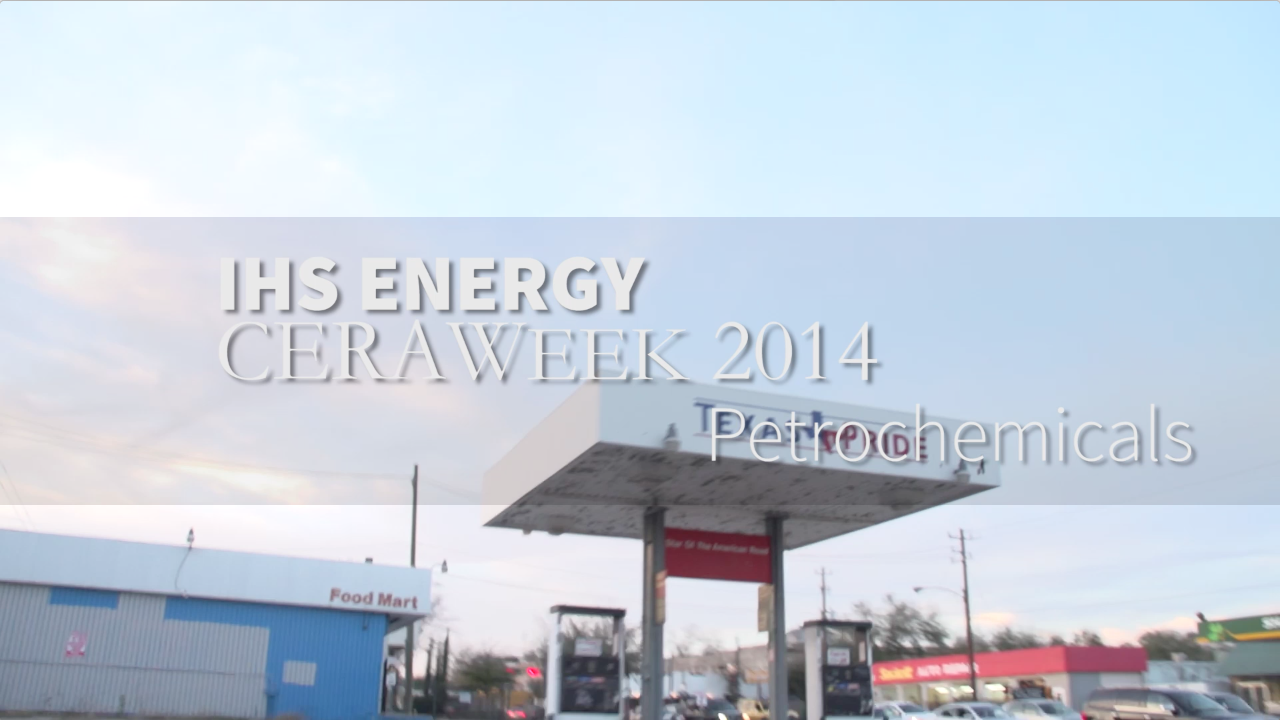The US petrochemicals industry supports more than 2 million jobs developing chemical compounds to manufacture everything from grocery bags to commercial aircraft. With access to inexpensive and reliable energy sources the US petrochemical industry has become increasingly competitive in the global market. ICOSA Media talked with two well-respected leaders in the industry at CERAWeek to understand just what petrochemicals are and why they are so important to our way of life.
Oil and Gas Development: Transparency and Community Engagement
The oil and gas industry’s rich and colorful history continues to serve as a reminder of the luxuries we now have access to because of energy. It is a show of our accomplishments and the progress that has been made because of production. Without it, the current backdrop of the American lifestyle and those of many other large cities and cultures in countries across the world would not be possible. [youtube width="560" height="315" video_id="aQEhvU1bEmY"]
Energy is a necessity. It affords everyday citizens access to thousands of products, delivers vital electricity and is pertinent to producing heavy metals that support manufacturing and resource production around the world. The latest advancements in energy have focused on increasing production, creating energy efficiency, new technological developments like hydraulic fracturing, conservation and environmental stewardship.
These advancements, specifically hydraulic fracturing, have led to the oil and gas industry being able to quickly develop the vast reserves that are available, providing Americans access to cheap fuel. Simultaneously this development has given America a glimpse into what true energy independence and security could really look like. With these advancements also comes concern. Currently there is a low hum amongst stakeholders sharing concerns and uncertainty about domestic oil and gas development. “Trust in the government and with companies has eroded, and is at our feet while we’re trying to develop these resources,” said Doug Bannerman, Head of Social Responsibility for Statoil.
As exploration, production and development have ramped up across the industry, communities large and small are now feeling very effected by oil and gas companies coming into their cities and towns. For decades, most people didn’t care where their energy or products came from, but within the last 10 years citizens are becoming increasingly involved, petitioning for moratoriums, bans, new regulations and policies that directly effect the industries ability to maximize energy development.
“The oil and gas industry is frequently defined by the lowest common denominator,” said Tanuj “TJ” Deora, Director, IHS Energy and Environmental Initiatives. Most of the arguments against development are polarized, laden with emotion and are amongst the fringe. These fringe groups are expanding everyday and are using one-sided arguments rooted in fear to spread their message. This side, no matter what proof is given has closed the door to arguments that don’t fit their narrative. Their conversations are entrenched in absolutes. The narrative doesn’t have any room for educational or constructive dialogue because their space that won’t expand to hear the other side.
This type of opposition has become an increasing focus for concern, not just to oil and gas companies across the nation, but to leaders, communities, and individuals who see the benefits that oil and gas development has brought to counties like Bradford in Pennsylvania or Weld in Colorado but also to states like Ohio and North Dakota. Unfortunately those driving the fear-based conversation are not concerned with economic stats and figures, their perceived costs of doing business are air and water.
It’s been said that “whiskey is for drinking and water is for fighting over” and an increasing amount of this opposition see only this window of the conversation. But the conversation shouldn’t have to be between environmental quality and job creation. Citizens shouldn’t have to choose, but they should choose to be educated about each facet of development that could effect them.
“Our future energy supplies rely upon hard decisions,” said John Hofmeister, Former President of Shell Oil Company, and many leaders agree. In most conversations I’ve been a part of, leaders within the energy industry and in organizations like the Nature Conservancy believe that education and cooperation are the key to our energy future. “The public often doesn’t realize that we are all interdependent on oil and gas resources,” said Tisha Conoly Schuller, President and CEO of the Colorado Oil and Gas Association, “so everything from heating our homes to our personal transportation; all of commerce, all of the food how it gets to our communities and how water gets to our homes is all part of oil and gas development.”
Most of the concern has centered on hydraulic fracturing. However, hydraulic fracturing isn’t new, in fact the completion technique has been used since 1947. It has only been since new technological advancements made in the late 90s that hydraulic fracturing has really amplified the amount of recoverable hydrocarbons that can be extracted from a single well. While the industry sees this as a necessary and critical advancement, just the moniker “fracking” lends to a negative connotation to those who are not in the industry.
With close to 115 million households all relying on power, food and fuel for their daily lives, it is important that citizens and producers are all transparent and working to become educated and more informed. If people within the oil and gas industry aren’t going to put the facts out there, someone will. The opposition will feed on the perceived lack of transparency, accountability and respect and then who will keep these people honest? It seems now that the accountability of the opposition is with the oil and gas industry, leaving its fate in its own hands. So the question becomes, what will the industry do to move forward and engage not just communities but the country as a whole?


